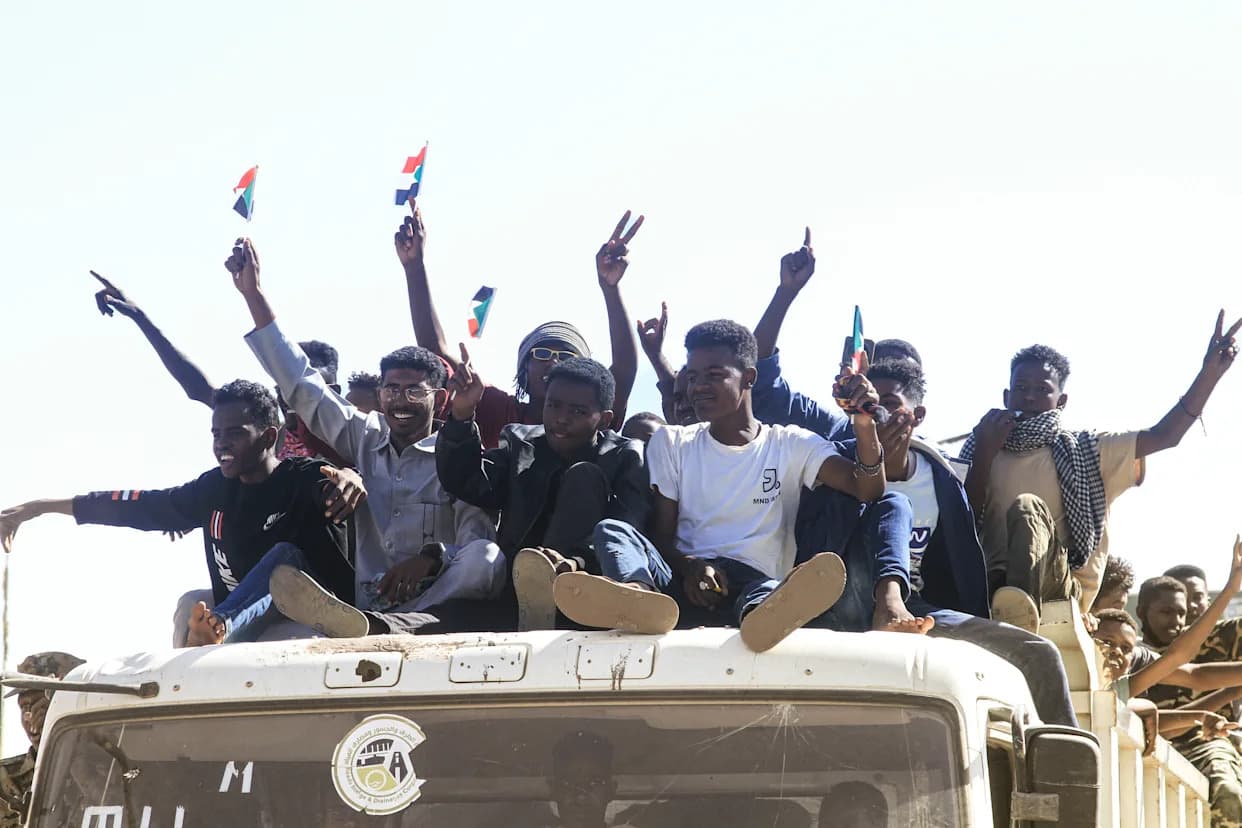After fleeing jihadist attacks in 2015, many former Nigerian refugees who returned under a February repatriation deal find their home villages still insecure and economically devastated. Nearly 8,000 people returned voluntarily, but militant checkpoints, attacks near Lake Chad and collapsed local economies have left returnees without consistent work or food. Some have gone back to Chad because they can earn enough there to survive. Officials say camps are unsustainable and point to large resettlement numbers, but insecurity and poverty remain major barriers to lasting returns.
Returned but Unsafe: Former Nigerian Refugees Face Insecurity and Poverty — Many Flee Back to Chad

Returned but not home: life remains perilous for many ex-refugees
Abdulhamid Mohammed fled his lakeside village in northeast Nigeria in 2015 after jihadists torched homes and shot civilians, forcing him into neighbouring Chad. Ten years later, he says, little has changed in Doron Baga — yet he was among those the government tried to move back earlier this year under a repatriation agreement.
Repatriation drive
In February, Nigeria, Chad and the UN refugee agency (UNHCR) reached an agreement that led to nearly 8,000 refugees returning to Nigeria on a voluntary basis. Nigerian authorities have shut most internal displacement camps as part of a wider push to repopulate rural areas and restore what officials describe as the "dignity" of people displaced by the conflict.
Reality on the ground
Returnees arriving in places such as Doron Baga and the border town of Malam Fatori often find villages largely deserted, economies devastated and security still precarious. Portions of Lake Chad remain under jihadist control, and in May an attack on a village about 10 kilometres from Doron Baga killed 17 farmers and fishermen. In September, a jihadist assault on the recently repopulated town of Darul Jamal left scores dead.
Those who remain describe a daily struggle: no steady jobs, depleted savings, limited access to food and the constant threat of violence. "There's nothing left in my hometown," said Mohammed Abubakar, 46, a former refugee from Doron Baga. "We have no money to buy food. Sometimes we sleep hungry," added Falmata Mohammed, 35, a mother of four.
Economic and security obstacles
Many returning farmers lack capital to restart agriculture. Traders and fishermen who venture out sometimes face improvised checkpoints where they must pay off militants. The Nigerian army intermittently closes border crossings, and clashes near military bases raise fears that violence could flare up again at any time.
Why some go back to Chad
For several returnees, the choice to go back to Chad was driven less by immediate fear of violence than by economic necessity. "The money finished quickly. There was no work. No lake. No way to survive," said Mala Abdallah, 55, who returned to Chad months after being repatriated to Nigeria because he could earn enough there to eat by selling firewood and doing small trades.
Official position
Babagana Zulum, governor of Borno state — the epicentre of the Boko Haram conflict — has defended the policy of closing IDP camps, describing them as overcrowded, costly and unsustainable amid declining international funding. A spokesman noted that more than one million people have been resettled under the current administration but acknowledged that insecurity persists in parts of the state.
"We are not denying that insecurity still persists in some areas. The fact remains that Borno state remains largely peaceful," said Dauda Iliya, a spokesman for the governor.
Outlook
While the government frames repatriation as a step toward normalcy, many returnees say that without secure livelihoods and guarantees of safety, returns will remain fragile. For a number of former refugees, the only viable option has been to return to Chad, where, despite hardships, they can earn enough to survive.
Help us improve.




























